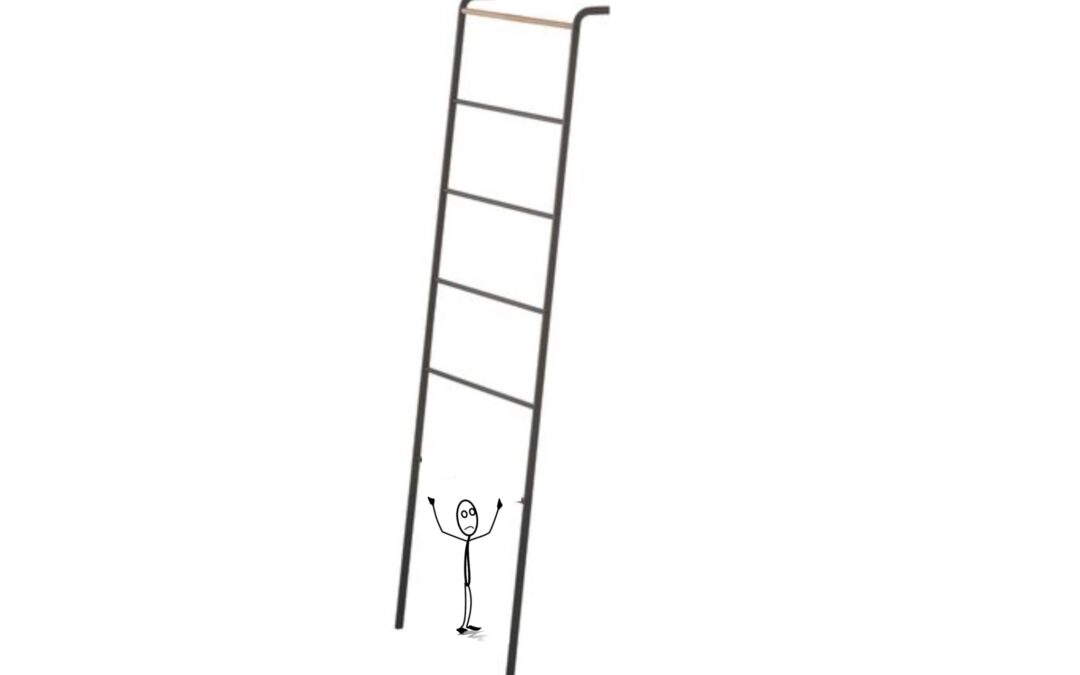Way back in the day, which in modern measurement means the previous Presidential campaign, Democratic candidate were all of a mind on doubling the national minimum wage. That there is a mountain of scholarship explaining why this is a Bad Idea from an economic perspective was, apparently, of little import or interest. A few “experts” were trotted out to tell us how the basic realities of economics don’t actually apply, which is akin to flat-earthers trying to explain how physics, geometry, and our very eyes are all lying.
Then Trump happened, and this destructive idea got shelved.
Of course, there’s no such thing as a big-government idea too awful to resurrect, so like a bad (and increasingly worthless) penny, it’s back. And, as is the new normal for government action, it’s bundled with a giant pile of other stuff, most of it of equal fetidness, into a $1.9T “COVID-19 Recovery Plan.”
The hook in all this is a $1400 payout to most voters, which is how it’s going to be pitched, sold, and enacted. Setting aside the eternal question of where the money for this is going to come from (and for those who think “tax the rich” is the answer, perhaps a refresher of history and grade school arithmetic might be warranted), this boondoggle will produce the exact opposite of recovery.
Start with Biden’s sound bite:
No one working 40 hours a week should live below the poverty line.
Forget that this ignores that low-wage, entry-level jobs aren’t about “living.” The real effect of the $15 will be to put millions out of work, fulfilling Biden’s assertion in the most perverse way: by ensuring that they can’t even get a 40 hour job.
When “experts” have to tie themselves in knots to explain how the basic laws of the universe (which include supply and demand) don’t apply to a particular policy area, it’s a pretty safe bet to assume they’re either lying to further a different agenda, or lying to themselves so that they can fit in with the cool kids. So it goes, with some Biden administration tool contorting himself on CNBC this morning, probably hoping to keep the markets from tanking in response. As of my typing this, his anamorphic presentation didn’t work.
The politicians who sell this garbage have absolutely no excuse for such economic illiteracy – that is, if we assume they are driven by the motives we’d hope.
They are not. Their plans and actions are motivated by wholly different factors, that boil down to one thing: power. Their first job is to get elected. Their second job is to get re-elected. Their third job is to get more of their own elected and re-elected.
All else derives from this. Their agendas aren’t about the best interests of the country, no matter what they tell us. Otherwise, they’d not be pushing such a destructive act. Like so many other big-government ideas, increased minimum wage is a shiny but rotten apple. Not only will it kill jobs and slow the economy, it’ll do the most damage to the people who can least sustain it.
Higher minimum wages force employers to employ fewer people, first eliminating low-skill “courtesy” jobs that improve consumers’ experiences. They make the remaining low-skill jobs more attractive for workers who have relatively greater skill/productivity, and employers have every reason to hire them instead of some zero-skill kids (for whom the work is about far more than money. Skills learned there and then carry forward throughout life, and they’re less likely to get into the trouble born of idleness). They also enable employers to more easily discriminate by reducing the market-imposed penalties for doing so (indeed, the minimum wage’s origins are themselves racist).
Higher minimum wages reduce economic mobility, essentially cutting out the lowest rungs of the economic ladder. This locks the least-skilled at the bottom, and coupled with other government “help,” (see: the welfare trap), institutionalizes poverty rather than remediating it. Upward economic mobility among blacks was robust before LBJ’s Great Society “help” arrived, and stagnated forever thereafter.
A cynic might speculate that this stagnation and institutionalization is a feature, rather than a fatal flaw, of progressive economic policy. A cynic might think that the Democrats offering $1400 handouts, extended unemployment benefits (which discourage people returning to work), and increased minimum wages are about luring voters to their side of the aisle in order to trap them in dependence. Dependence that the Democrats continually promise to remediate. In other words, about power, now and forever, rather than about actually helping them.
One of the greatest cons in American political history is that of progressives convincing the poor that they are on their side.


Why is it so hard to understand that the real minimum wage is ZERO. Everything else is noise.
I’m sure many do, but consider it irrelevant. This is about buying votes, nothing more.
The $15 minimum wage I’ve heard is a big push by unions, It can up their bases pay and thus their contributions, but it also has an upward cascading effects on other wages, depending on the contracts.
But then I hear in the past that union workers were to be exempt from the new minimum wage because their salaries are negotiated (I guess nobody else negotiate their wages). even with this it might inflate the higher wages…
this will also lead to the cals for robots to get a wage, (can’t remember where the money was to go…) obviously this would disincentify the replacing low skill workers with tireless robots. I wonder if taking somebody’s job violates the “Three Laws”
I almost covered the union angle as well, but figured it would distract. They absolutely want it, for the reason you noted: it elevates all wages (inflation be damned, of course) and since they’re the last to get canned, they can pass the unemployment on to lesser mortals.